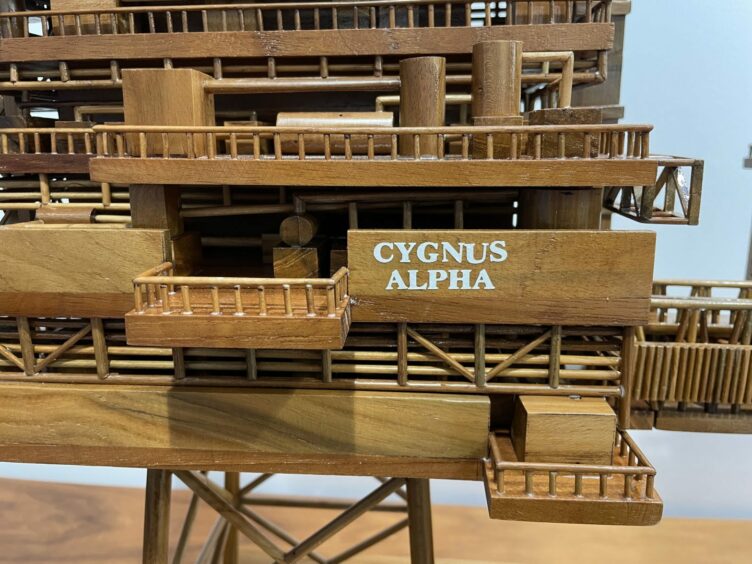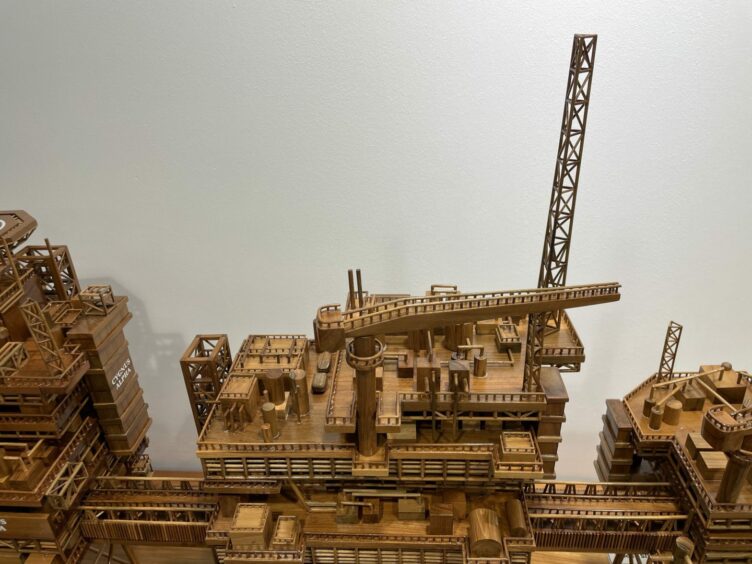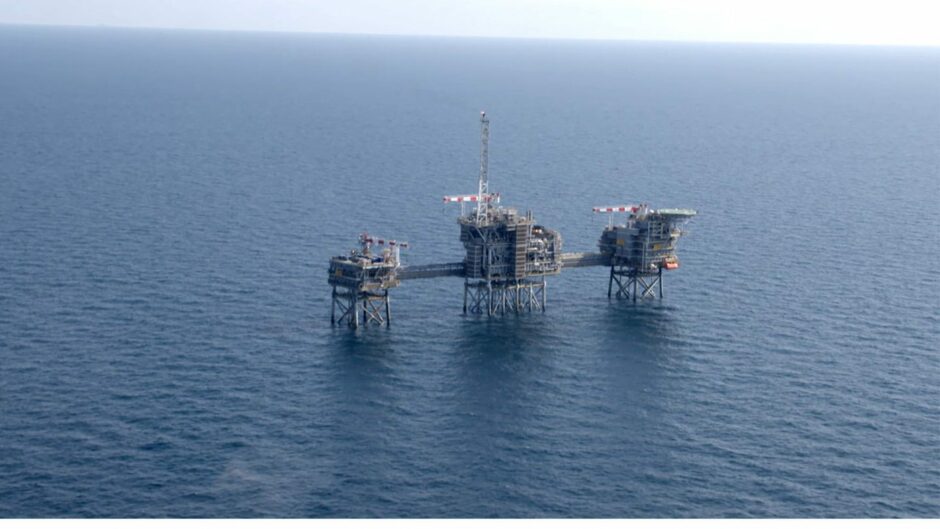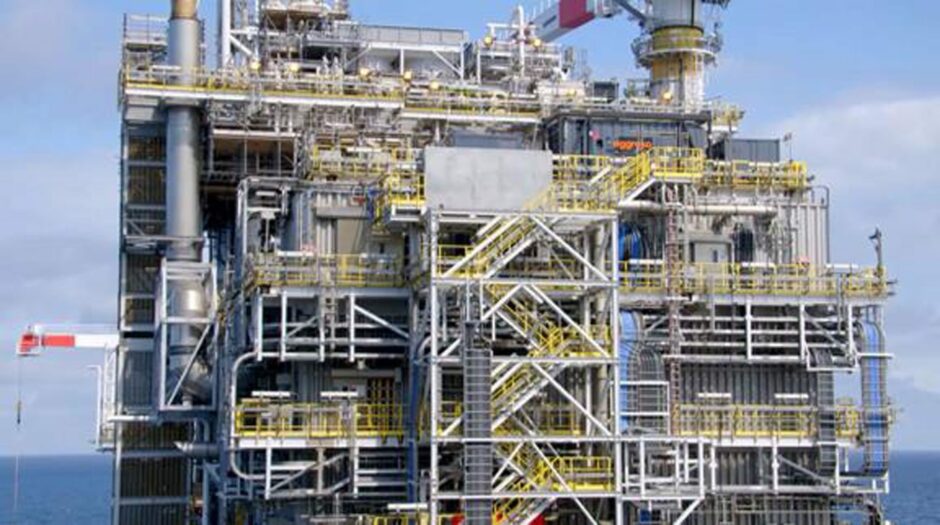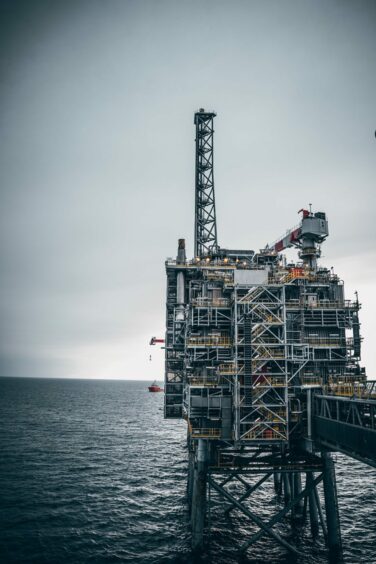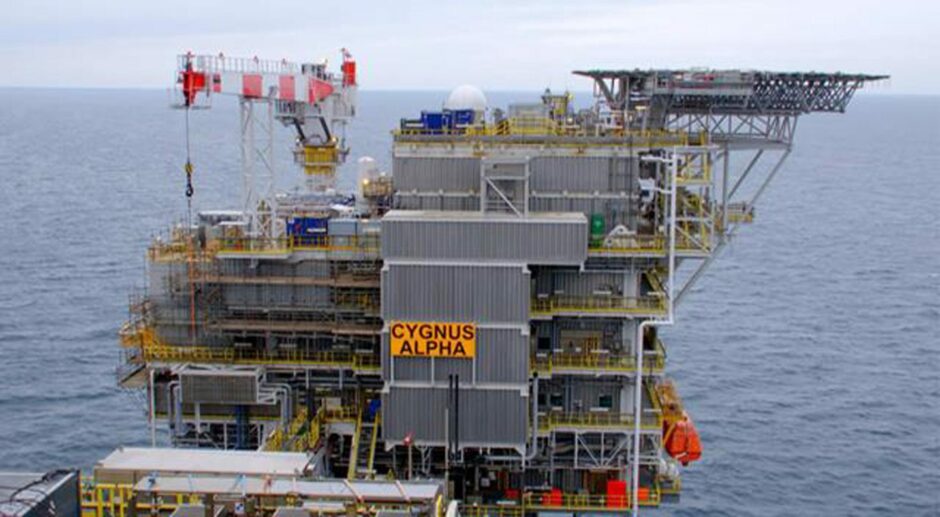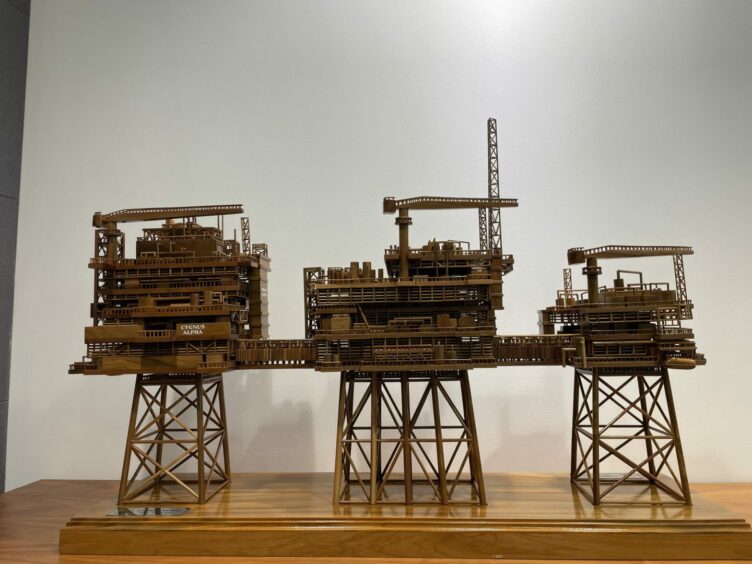
A wooden replica of a North Sea gas platform – something of a departure from the usual cake, balloons and party hats.
But it’s Neptune Energy’s fifth birthday today, and the operator will commission a model of one its key assets if it wants to.
To mark half a decade since it acquired Engie’s exploration and production business, the North Sea oil and gas company recently gave a local Indonesian craftsman a unique task.
Netpune’s team in the region recruited a sculptor in the Grobogan regency of the North East part of Central Java province to create a wooden model of Cygnus.
The major Southern North Sea gas facility was among the assets Neptune acquired during its take over of the French multinational’s E&P division.
Neptune’s managing director for Indonesia, Eko Lumadyo, said: “The pandemic had an especially significant impact on small communities in this country and our team in Indonesia have been involved in many initiatives to support the local economy.
“We were aware of the excellent work of a local craftsman who creates beautiful, intricately-detailed models from recycled wood, and it seemed like the perfect opportunity to support the local community and to create something unique to mark the company’s special anniversary.
“We were all thoroughly impressed with the result!”
Using recycled teak word, the craftsman re-created Cygnus entirely by hand, using photos of the facility as a reference.
It took them 95 days from start to finish to complete the model, which was then shipped to Aberdeen.
The wooden replica now has pride of place in the boardroom of Neptune’s North Sea offices near Aberdeen Harbour.
Cygnus
Neptune holds a 38.75% operated stake in Cygnus field – Spirit Energy owns the rest (61.25%).
Cygnus is a crucial component of the UK North Sea energy infrastructure, capable of producing approximately 6% of UK domestic demand, making it Britain’s single largest producing gas field.
Production from the 10th well at the facility started up earlier this month, with drilling work currently underway on an 11th.
It means Cygnus is now capable of producing enough natural gas to meet the needs of approximately 2 million UK households, at a lower carbon intensity rate than much of the North Sea.

